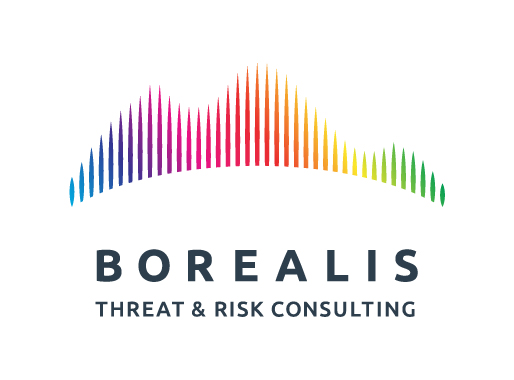In the intelligence world nothing is more important than methods and sources. The former refers to the ways in which you collect information (signals, conversations, etc.) while the latter are the actual things that provide you with information (humans, emails, etc.). If you compromise methods, and the party against which you are spying finds out that you have breached their security, they simply change their ways of sending data. A good example is encryption: when a ‘target’ realises that their system is no longer secure they change the codes (or the entire system): I have seen this happen during my years in SIGINT (signals intelligence) in Canada.
On the other hand, if your sources are suddenly exposed something much worse can transpire. In the case of human sources those assets can be pressured to work for your adversary (‘turned’ in spy talk) or, in the direst of cases, killed.
During our collective time in Afghanistan – and by ‘collective’ I mean NATO, including Canada – we relied a lot on locals who could help us understand who was who in the Afghan ‘zoo’. These were people who agreed to work for us either as Dari or Pashtu interpreters or as human sources who provided critical intelligence on Al Qaeda, the Taliban and others who posed a threat to Canadian forces and diplomats on the ground. Simply put, we could not have done what we accomplished during our decade and a bit in Afghanistan without this assistance.
What, then, did we do with these people once we decided to up stakes and leave Afghanistan in 2014? The answer is nothing short of embarrassing: not much. In other words, we left most of these people to the whims of the Taliban who reassumed power in a New York minute and hence to vengeful retribution for their betrayal of the medieval Islamic state these extremists had established two decades earlier.
We were not the only ones to have abandoned our friends. A recent Dutch report stated that the Netherlands were ‘totally unprepared’ for the fall of Kabul and “no one took responsibility for the interpreters who had worked for the Dutch and who had the right to be evacuated”. Those who worked for German troops in Mali say they fear for their lives as the UN mission winds up its mission there.
More specifically, many in Canada have criticised the Harper and Trudeau governments for not caring enough for the Afghans who risked a lot, up to and including their lives, to help us during the ISAF mission. The current regime made all the right noises back in 2021 to expedite the entry of Afghan interpreters and their families, but their rhetoric has not been matched by their actions. As of mid-2022 few had successfully emigrated to Canada and the usual culprit, i.e. bureaucracy, was to blame. A retired Major-General put it this way: “the international world was surprised by the speed at which the Taliban took over. And the Canadian government applied the bureaucracy they had for normal operations.” According to a report from last summer, many are still in limbo.
In fairness, this is not as easy as it looks. While those who clearly provided their services in a war zone must be rescued, Canada cannot lower its vigilance in ensuring that others may use the conduit to come here with other intentions. It was, and probably still is, highly possible that a small number of Afghans with links to the Taliban, Al Qaeda or even Islamic State Khorasan Province will seek to enter our land under cover of refugee status. Luckily, we have organisations which look for this very thing.
Still, this should not be rocket science. I imagine millions seek to enter Canada under a variety of programmes: economic, refugee, family reunification, at risk in their homelands, etc. But given the relatively small number of individuals who put their own lives on the line to help our military in Afghanistan it should not be that difficult to bump them to the head of the line. I am aware of several groups here who have written to the government to plead for more urgency to this matter.
This, then, is one more example of government ineptitude. That Canada cannot resolve this more quickly is a black mark on our international reputation. It may also make future human sources or assistants think twice before stepping up to the plate to help. And that would be our loss.

